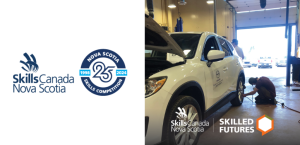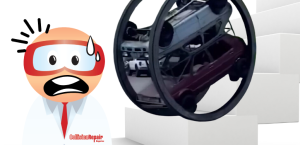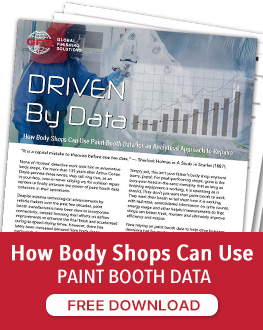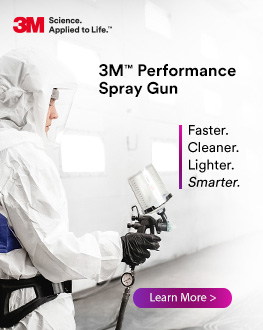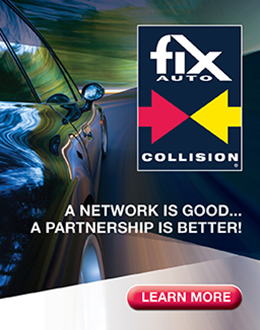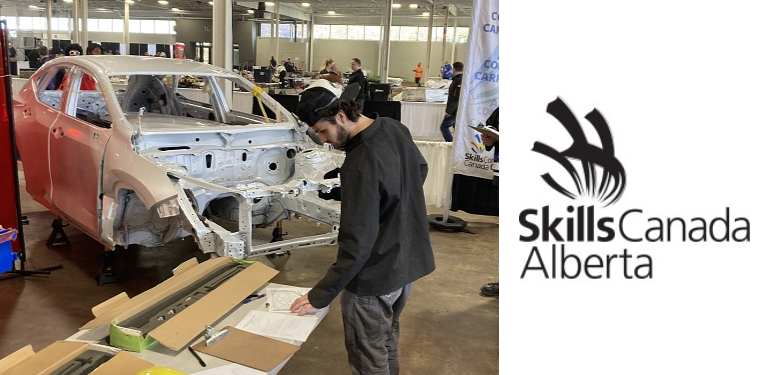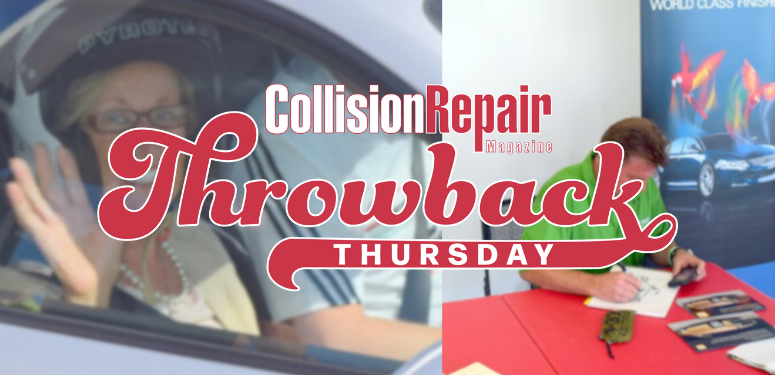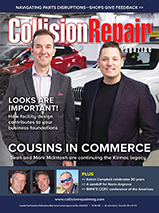Barcelona, Spain — May 25, 2016 — Training, advanced driver systems and the power of technology were all under discussion at the second day of the International Bodyshop Industry Symposium (IBIS). The event, taking place at Hilton Diagonal Mar in Barcelona, Spain, concluded on May 25. Collision Repair magazine is the exclusive Canadian Media Partner for IBIS 2016. Please see “Changing future landscapes at IBIS 2016” for a report on the first day of IBIS.
Presenters for day two of IBIS 2016 included John Van Alstyne of I-CAR, Neil Atherton of Autoglass UK and Tony Aquila of Solera Holdings.
I-CAR CEO and President John Van Alstyne was first to the podium for the second day, focusing on the need for continuous training to deal with what he refers to as the “technical tsunami” of new car models and technologies.
He noted that some of the changes we’ve seen in vehicles in recently years are due to lightweighting efforts. In particular, materials have changed and adhesives are much more commonly used than in previous years.
“Vehicle architectures are changing significantly,” said Van Alstyne, as reported by Bodyshop UK. “This is bringing new repair techniques, with repairs becoming vehicle-specific. Advanced electronics is another key area of change and, as an industry, we’re dealing with rolling computers now. IBM says we’re on track to have perhaps 100 million lines of codes in vehicles.”
Van Alstyne noted that this is part of the reason for making sure to scan the vehicle and perform correct diagnostics.
“Diagnostics is really critical; we have to do it pre-repair and post-repair, because we’re dealing with an integrated system,” he said.
Van Alstyne also pointed to increasing vehicle sales around the world, which will place more strain on the industry. He noted that, even in developed countries with a mature vehicle industry, not enough training is taking place, leading to a growing skills gap.
“The skills bar is rising. We need to recognise it and act upon it. Education, knowledge and skills are the glue that holds it all together. If you’re not training, you shouldn’t be repairing cars today. Training equals survival,” he said.
Neil Atherton of Autoglass UK was next, discussing the importance of proper calibration for Advanced Driver Assistance Systems (ADAS), and the challenges the systems present to the industry as a whole. During his presentation, Atherton discussed the coming advent of self-driving cars and the technologies that represent different levels of development. In Atherton’s view, autonomous vehicles are already here. It is the ethical and legal framework that still needs to be fully developed.
“Camera systems have been around for a number of years now, but the number of applications and makes and models utilising them is set to explode globally,” he said, as reported by Bodyshop UK. “A combination of government influence and consumer led NCAP programmes will drive more vehicle manufacturers to adopt ADAS technology.”
Atherton used this example to point to the challenges for repairers regarding the increasing amount of ADAS in today’s vehicles. According to Atherton, many vehicle manufacturers mandate calibration after replacing the windshield. This is to ensure the cameras and sensors provide the system with accurate readings.
Tony Aquila of Solera Holdings brought IBIS 2016 to a close with a look at how repairers must embrace technology to survive and thrive. “Technology is changing the game,” said Aquila, as reported by Bodyshop UK. “It’s changing business from a contact sport to a content sport.”
Aquila started in the collision repair business sweeping floors in a body shop. He later went on to found Solera Holdings, a multibillion dollar software company. Solera Holdings includes Audatex, Hollander, HPI and CAP among many others.
During his presentation, Aquila noted that there are 54 transactions across a vehicle’s life. Solera’s goal, according to Aquila, is to be the “Amazon” of those transactions.
Aquila believes that there is essentially only one way for a company to move with the times and not get left behind: to innovate.
“Websites are for the company, not the customer,” he said. “Apps are for the company and the customer. Apps is the war. It’s going to be everything. All our technology is going to be on apps and we’re pouring hundreds of million dollars into it. There will be a king of apps that consolidates all your apps. You’re going to have to be in the app game too.”
In conclusion, Aquila noted that simply “doing it right” will not be enough in the future. The key, he says, is to go beyond that base level and do it both better and differently from the competition.
Watch for a complete report on IBIS 2016 in the next issue of Collision Repair magazine!




